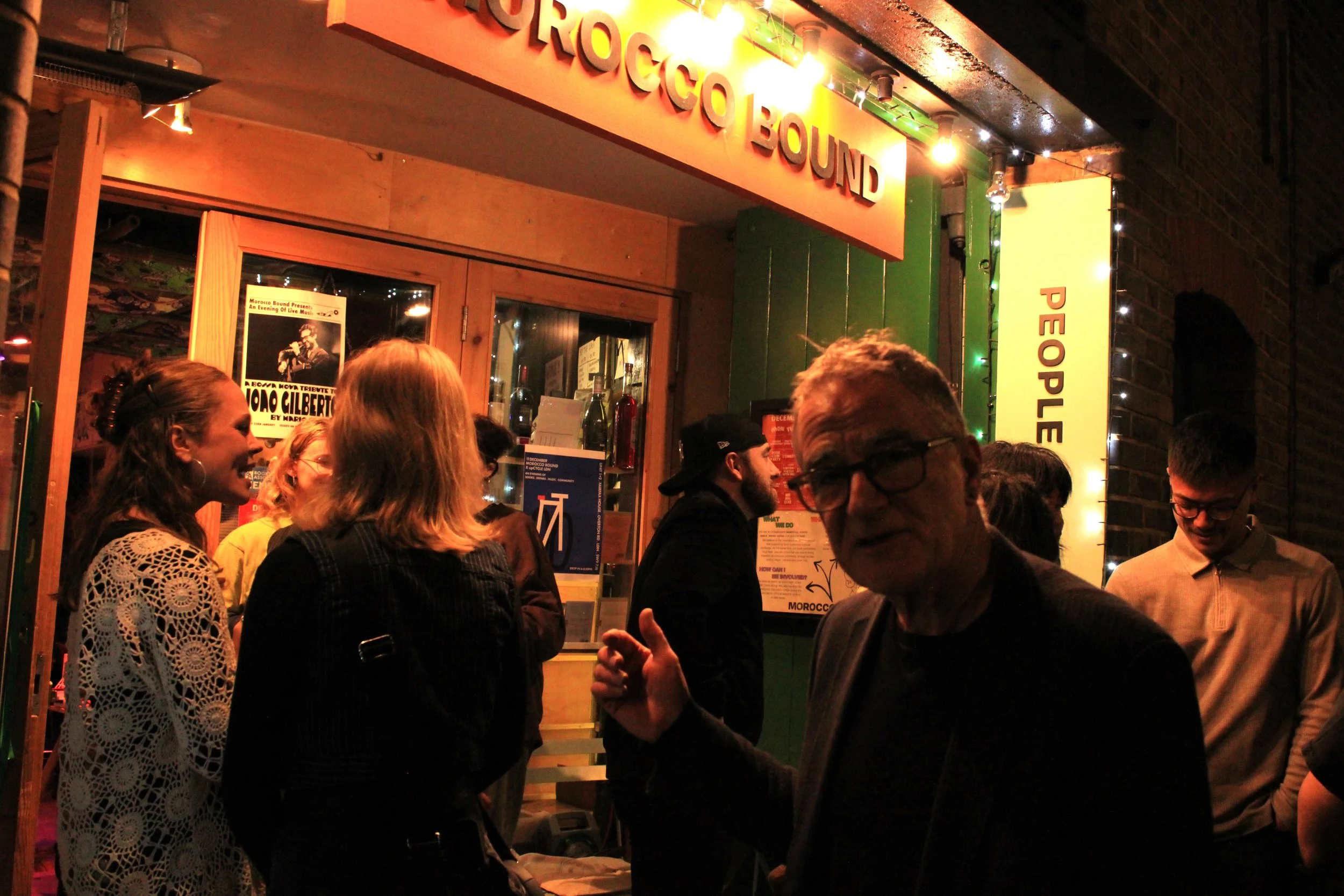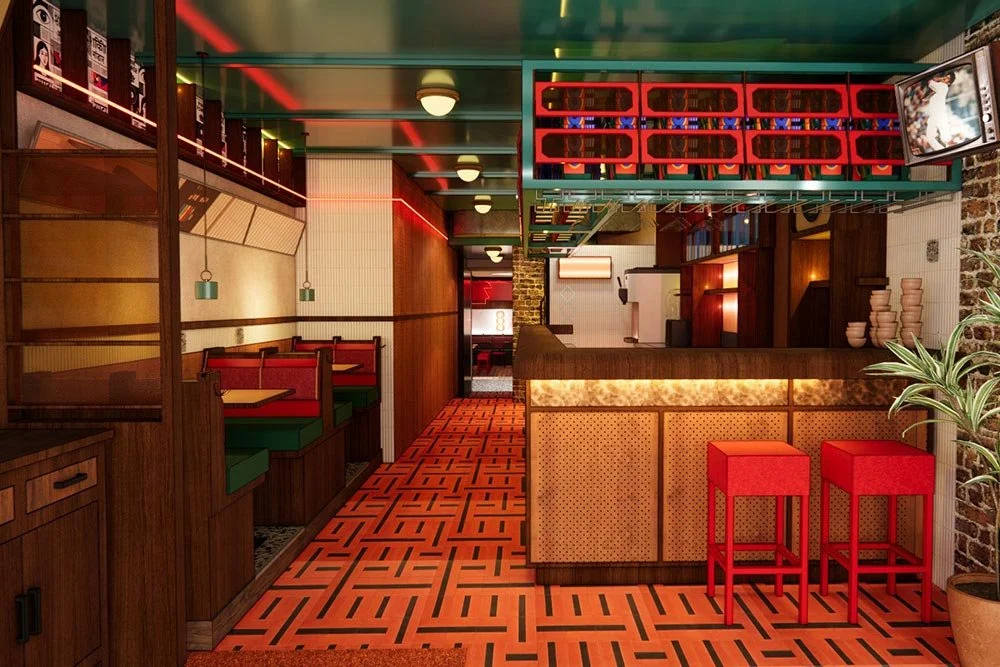Will the coronavirus pandemic cause the death of the high street?
I recently heard the sad news that the Topshop store on my local high street had closed. Admittedly, the stock always left something to be desired and the customer service was exceptionally poor, but I will miss hearing the screeching of outside street performers reverberating off the walls and the constant utterings of apologies as hordes of consumers tried to navigate the tiny floor space.
The closure came as no surprise. The Arcadia Group has faced difficulties over the past few years with a loss of £137 million reported in the 2017/18 fiscal year. Other high street retailers have also suffered, evident from the closure of 6,537 stores in 2018.
The high street has visibly been struggling to retain retailers, but now, it has a new issue to contend with: Coronavirus.
The current situation
If you’re anything like me, you’ve spent lockdown with one eye on your emails to see if your order has been dispatched (to date, I’ve had dozens of books arrive, the Sex and the City box set, an unnecessary amount of clothes and a spice rack - mainly to appear as if I’ve ordered something useful). Despite the majority of stores currently being closed, shopping hasn’t stopped. Consumers have moved their purchasing to online and whilst this isn’t a new thing, for many, this might be the first time they’ve had to buy products in this way.
In 2017, a poll found that only 8% of millennials preferred shopping in physical stores in the UK, suggesting that they’re one of the main groups participating in online retail. As stores are now closed, consumers of all ages and backgrounds are turning to online retailers and with that, realising the benefits. Notifications when an item is back in stock. 360-degree views of products. Online discount codes. The ability to order something in 2 minutes from the comfort of your sofa. The coronavirus crisis has emphasised the ease of online purchasing, possibly being the downfall of many bricks and mortar stores.
Positive purchasing
Whilst it will be sad to witness the death of some of our much-loved brands, a more permanent move towards online shopping will be beneficial for some retailers. We’ve long seen corporations such as Amazon monopolise the market, but a move to online shopping might be better for small businesses. Marketplaces such as Etsy enable small business to have an online presence for a relatively low cost which is particularly useful for those that don’t want to pay expensive rent charges to have a store on the high street. Although loyal consumers will still return to familiar brands, others will be more inclined to search further afield to find exactly what they want.
Remember when you couldn’t find that perfect Christmas present for your in-laws? There are hundreds of small online business that will create the perfect hamper for them according to your colour, size and product preferences. Once you know these businesses exist, it’s unlikely you’ll keep giving your money to big stores every festive season when you could be getting a much more personalised experience elsewhere.
The changing face of the high street
From the 15th of June, non-essential retail stores will begin to reopen. You’ll probably receive eager emails from your favourite brands to let you know their stores are back in business, but at first, you’ll probably be cautious about returning to the high street. Inevitably, social distancing will still be in place (though one positive is that you won’t have to worry about being cornered by an Avon representative in the middle of John Lewis). For a period at least, ambling past other customers at your own leisure won’t be possible. You’ll have to grit your teeth and smile as you wait patiently on a yellow line for someone to find their size and move along. Without a doubt, this will have an impact on high street retailers.
Image: Krists Luhaers
However, there is a light at the end of the tunnel. Between 2008 and 2018, the restaurant market experienced a period of growth, with 2018 seeing consumers spend £89.5 billion in 2018 on eating out. Despite many retailers possibly being forced to close their stores, the high street might serve a new purpose as a social hub where coffee shops and restaurants become the focal point.
Additionally, businesses that are likely to survive and thrive are ones that promote social connection or where consumers cannot gain anything from them digitally. These include sports facilities, games workshops and arcades. You’re also more inclined to visit your bank branch or your mobile phone provider to discuss your problem than deal with getting through to a call centre. As social creatures, we’ll always prefer face to face contact as opposed to calling the businesses we deal with. The high street is therefore likely to modify and adapt to these needs.
Looking to the future
Amidst fears about the death of the high street, the coronavirus pandemic could be the encouragement businesses need to change strategy. Although prior to the pandemic, the high street was clinging onto life, needing a big cash injection to save it, the situation has proven that the high street has the potential to adapt. Whilst online shopping might become our ‘new normal’, the high street is set to develop into a social hub where restaurants, coffee shops and businesses that allow us to connect socially become the focal point rather than traditional retailers. Although my old flame Topshop is gone, I am excited to indulge in £7 coffees again whilst chowing down a Pret breakfast brioche once again!
Words by Emma Chadwick












